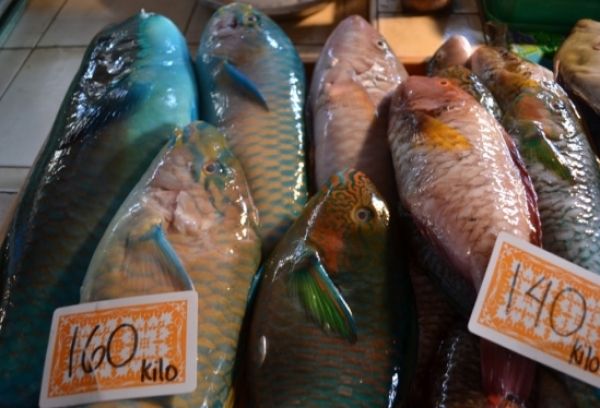If you live in a small community where fishing is your primary source of income and nutrition, it’s tough to hear you might have to slow, stop or change your activities to more sustainably manage your fish stocks.
Sustainable fishing is even more difficult when the recovery takes a significant amount of time and this restraint puts you at a seeming economic disadvantage. Such limitations and uncertainty are enough that would-be sustainable fishers may slip back into unsustainable practices.
“I think it is always hard to convince people to do things differently than they have in the past, especially when it might incur some short-term cost,” said Gavin McDonald, a researcher at UC Santa Barbara’s Environmental Market Solutions Lab (emLab), a subsidiary of the Bren School of Environmental Science & Management. “It is certainly hard for a fisher when they can no longer fish in a certain area, or when they can no longer use a particular gear type.”
Continue reading at University of California Santa Barbara
Image via University of California Santa Barbara


